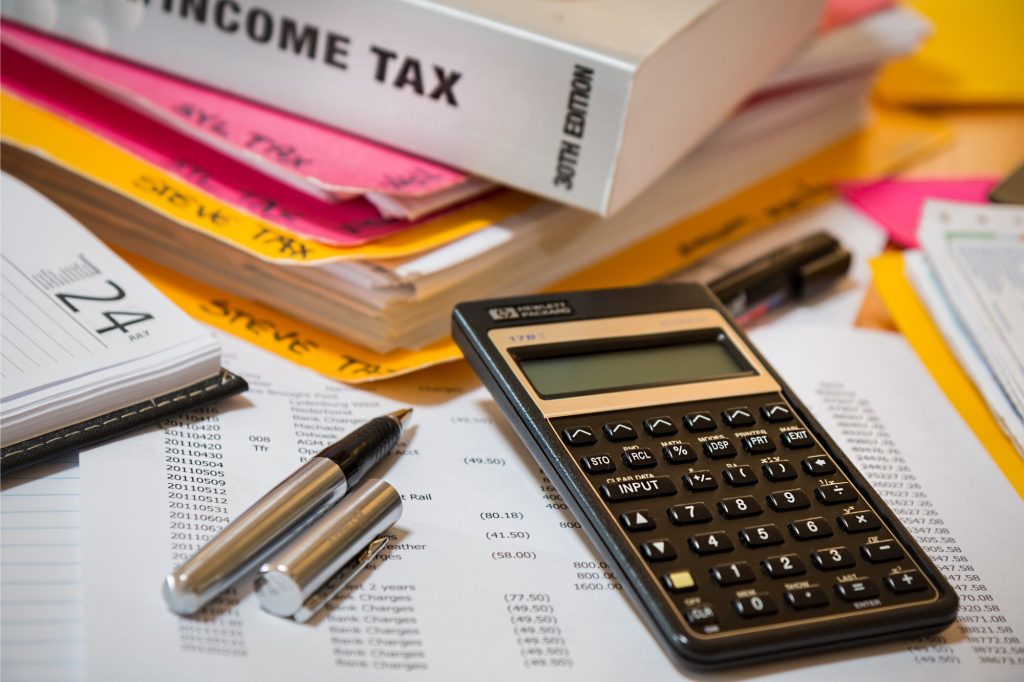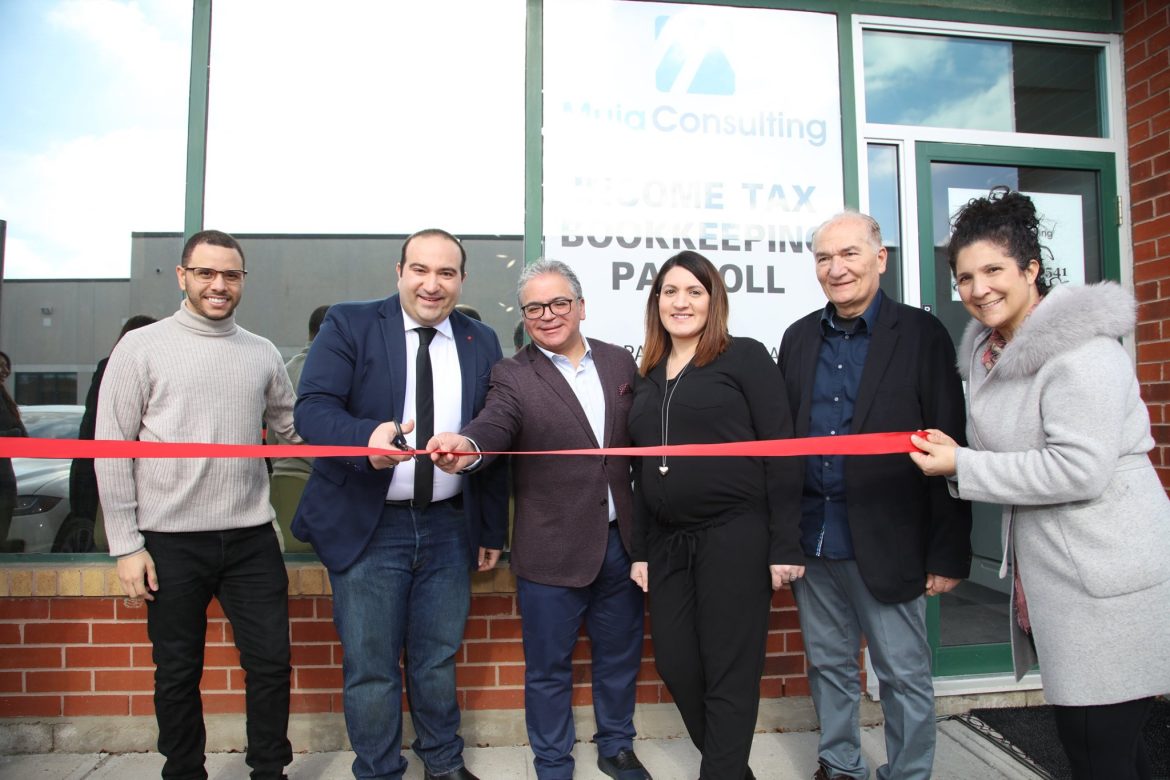You may need to add new expertise to your growing list now that your company is up and running: tax collector. Since you could need to register for, collect, and remit the federal goods and services tax (GST) or, in some provinces, the harmonized sales tax once your sales start to pick up once they’ve ramped up (HST). Don’t worry; we have everything explained to you here.
It can be challenging to comprehend the register GST HST account requirements. The regulations may change depending on where you are, what and how much you are selling, and where your consumers are situated.
GST vs. HST
The GST is the federal tax that the majority of Canadian businesses that sell goods and services to consumers are required to collect from them. Since January 1, 2008, the GST rate has been 5%.
The harmonized HST or sales tax is a current tax that certain provinces have created by combining their local sales taxes with the GST. It implies that you could have to charge HST rather than GST, depending on where you are.
Read More -> Accounting Firms Vaughan
What are taxable supplies?
The majority of goods and services in Canada are taxable supplies, including anything from car repairs to hotel stays to clothing and footwear to legal and accounting services. Most of these are subject to a total GST rate of 5%.
Some products and services fall under the category of “zero-rated” suppliers, which means that their tax rate is zero percent. Basic food items, prescription medications, and various products and services offered to clients outside of Canada are all zero-rated supplies. Other goods and services, such as daycare services and housing rent, are not taxable.

Unless you are a little supplier, you must register for the GST/HST if your company sells taxable goods in Canada (at a rate of either 5% or 0%).
Most of the time, small suppliers are exempt from HST or GST registration requirements.
This is how small supplier status is determined:
Add up your taxable sales for the four most recent calendar quarters after each calendar quarter (the last 12 months).
Your business must register to begin collecting GST or HST if the total is greater than $30,000 and above the threshold for small suppliers.
You must also register if your taxable sales exceed $30,000 in any calendar quarter.
Charging GST, HST, or GST and Provincial sales tax
How do you determine what taxes to collect if you have to register? You might have to collect the GST, HST, or both the GST and the provincial sales tax, depending on where you live (PST). Ontario, Nova Scotia, New Brunswick, PEI, Newfoundland, and Labrador blended their respective provincial sales taxes with the federal GST (HST) to develop its harmonized sales tax. PST is distinct from GST in British Columbia, Saskatchewan, Quebec, and Manitoba. Therefore, if you run a business in one of those provinces, you could need to charge, gather, and submit PST and GST using two distinct sets of forms. (More details about the prices in your province can be found here.) Your company needs to charge the GST because Alberta and the three territories (Yukon, Northwest Territories, and Nunavut) don’t have a PST.
Registration as a tax collector
You’re right if you think that everything sounds complicated. In addition to the general guidelines provided here, other specifics may apply to your situation, such as figuring out whether the goods or services you offer are taxable.
You can register in person at a tax services office, via mail, or even online. You’ll be prepared to collect and submit the GST or HST once your registration is complete.
Ready to launch your company? Over 75,000 entrepreneurs have benefited from muia consulting quick and affordable start-up assistance. For a free consultation regarding how to incorporate or register your firm contact us today.
The Quick Method
Business owners pay taxes on the goods and services they buy to operate their firms in addition to funneling taxes paid by customers to the government. These sums are refundable. Owners can add up their taxes paid or, if they meet the requirements, they can employ the alleged “fast technique.” It entails computing the amount as a proportion of total revenue as opposed to totaling GST collected less ITCs.
Regardless of whether the company is incorporated, it is an option for companies whose sales plus GST/HST revenue totaled less than $400,000 over the previous four quarters. Businesses with minimal expenses that don’t want to go through the hassle of computing their GST/HST on every item should opt for the quick method.
Read More -> Returns on Corporate Taxes | Muia Consulting

